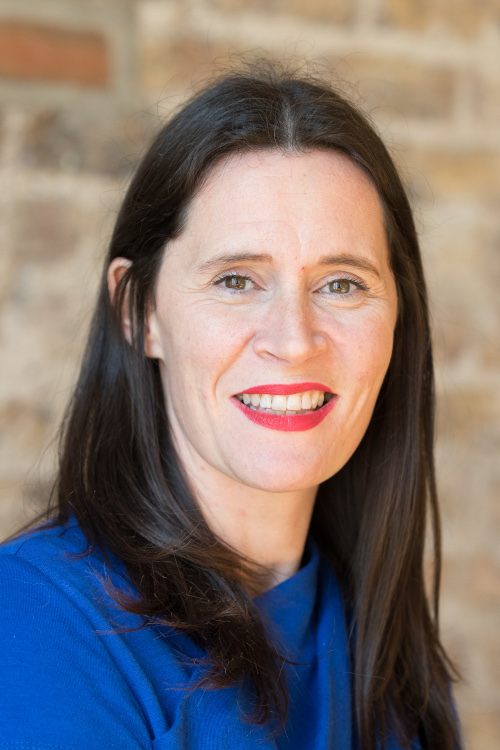‘Decent work’ report sets out inequalities in Irish employment market

Sinéad Gibney
Young people, people with disabilities, Travellers and East European migrants are at much higher risk of disadvantage around employment and have less access to “decent work” in Ireland, a new report has found.
The Irish Human Rights and Equality Commission and the Economic and Social Research Institute (ESRI) yesterday published the Monitoring Decent Work in Ireland report, which sets out how these groups have seen consistent inequalities in access to employment, job security and seniority.
Chief commissioner Sinéad Gibney said: “This research shines new light on the ways people of different genders, ages, family status, experience of disability and race are treated when it comes to paid employment.
“As Ireland moves carefully out of the pandemic, this data should assist policy makers to ensure that decent work is prioritised to deliver fair incomes, workplace security, social protection, freedom to organise, and participation in the decisions that affect our lives.
“Examining decent work from a rights-based perspective, considering minimum standards of work, representation and non-discrimination is important to expand our understanding the labour market, particularly how exclusion from paid work and poor-quality work are threats to realising other human rights, such as health and housing.”
Frances McGinnity of the ESRI, lead author of the report, said: “This report shows how certain groups are more likely to be occupying disadvantaged positions in paid work: younger workers, East European migrants, those with a disability, lone parents.
“Yet we still know little about informal work or unpaid work in the home in Ireland, nor can we report rates of pay and information on job quality for minority ethnic groups, including Irish Travellers. These are important gaps to fill for our understanding of decent work in Ireland.”






